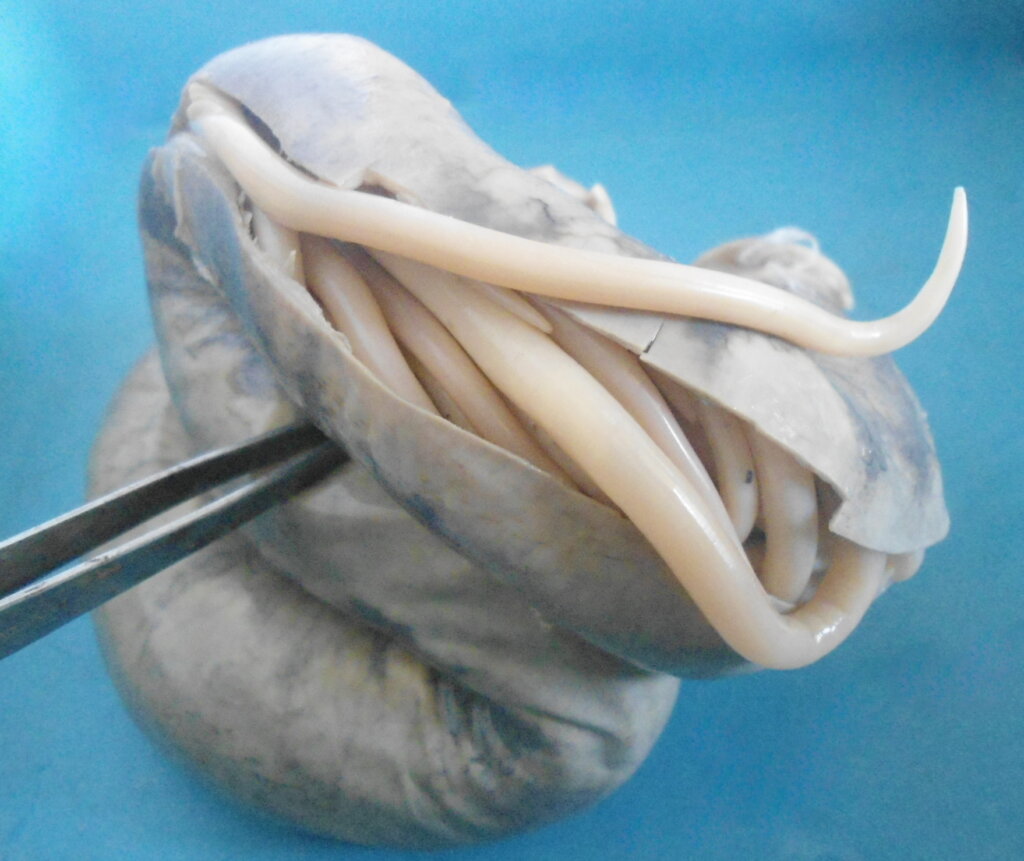If your child lacks hemoglobin levels in the blood or suffers from iron deficiency anemia, the physical and mental development of your baby will suffer from poor or low IQ, delayed development milestones, poor school performance, and low appetite. Apart from this, the child remains irritable all the time.
Read every point of this article as this is very crucial for your babies’ health and wellness
In this article, I am going to tell you seven points regarding the prevention of anemia in your baby. Let’s discuss 1st one.
1. Anemia of Infancy: Start Iron Supplement at Right Time and Right Dose

Nearly all infants suffer from Anemia of Infancy.
The reason is, that the hemoglobin of the term babies at birth is around 15 to 20, and babies are born with an ample amount of stored iron in their body.
As the babies grow, their hemoglobin level remains around 10 to 11 by six months of age.
This is because babies’ iron stores are utilized and exhausted while providing necessary iron in six months.
So babies need extra iron after 6 months to maintain their hemoglobin.
A.Iron Supplements for Term Babies:
If your child is full term and born after 9 months or his weight was more than 2 kg at the time of birth, then you should give iron supplements to your child after 6 months of age.
B. Iron Supplements for Preterm Babies:
if your baby is pre-term, then you should start iron supplements after two to three months because pre-term babies are born with very low or nill stored iron.
C. Dose of Iron Supplement for Babies:
I. The Dose of Iron to Cure Iron Deficiency Anemia in Babies:
If iron deficiency has been established in your baby then you should give elemental iron at the dose of 3-5 mg per kg.
Example: If you have a child of 5 kg, then
you have to give 15-25 mg of elemental iron per day.
II. The Dose of Iron to Prevent Iron Deficiency Anemia in Babies:
If babies’ hemoglobin is normal and you want to prevent anemia then the prophylactic dose is 1 mg per kg. This is only if your child is not anemic.
D. Common Brands and Their Concentration
Common brands that we use in our outpatient clinic are TONOFERON, HEPATOBLOBIN, RUBY RED, C-PINK
All these brands contain 10 mg of elemental iron in 1 ml. So if your child is supposed to be 5 kg and you want to prevent iron deficiency anemia, you will give it 5 mg i.e. 0.5 ml per day.
NOTE: if you can not calculate the dose properly, get the dosage calculated by your pediatrician or your doctor and give it accordingly because giving either too much iron or less iron is harmful.
2. Exclusive Breastfeeding till 6 months

Give only mother’s milk to your children up to 6 months of age and do not introduce cow’s or any other animal’s milk.
Cow’s milk or animal’s milk has very low iron quantity and low bioavailability and you are making it more useless by diluting it.
If you want to maintain the child’s iron intake, give him only mother’s milk or if you are giving formula, then give iron-fortified formula milk, which will prevent the child from suffering from anemia in the future.
3. Complementary Feed with Iron-Rich Food for Babies

Start complementary feed as soon as your baby becomes 6 months old.
Include iron-rich foods in your baby’s diet like spinach puree, mustard leaf puree, turnip, and carrot puree.
Apart from this, you can include beetroot, turnip, and carrot pieces by putting them in khichdi, dalia, and oats.
Whatever sweet items you prepare for your baby add steamed and mashed dates or jaggery to make it sweet as well as iron-rich.
4. Periodic Deworming

Intestinal worms like Ascaris, Tapeworm, Entrobius, etc are causing a significant amount of Iron deficiency anemia in babies in India and worldwide.
Children with worm infestation generally remain anemic despite iron therapy.
To increase babies’ hemoglobin give them deworming medicines like Albendazole in adequate doses at every 6 months.
5. Avoid Animal Milk Till One Year of Age

Do not give cow or buffalo milk to your infants before 1 year of age because as I told you earlier, the iron present in cow and buffalo milk is very low in amount.
Apart from this, it also contains a lot of phosphate which binds the iron and does not allow it to be absorbed.
So try to give breastmilk or formula milk to your babies till 1 year. It is sufficient to satisfy satiety and proper growth and development if the baby adequately accepts complementary food.
6. Limit Milk intake Amount to Prevent Anemia

After 6 months of age, limit the quantity of milk to 500 ml/day and after 1 year, do not give milk more than 750 ml either formula or animal milk.
Fill your baby’s stomach with semisolid or solid diet for better growth and development and prevention of iron deficiency anemia.
Offer your infant 250 ml milk for breakfast and 250 ml before sleep. It is recommended by most of the pediatrician and pediatric nutritionist. It can easily protect against iron deficiency anemia in babies.
7. Treat PICA(Eating Soil/Unusual Items)

The habit of eating soil/mud/unusual substances can cause worm infestation and lead poisoning in babies.
In case of lead poisoning babies’ hemoglobin can not be corrected despite regular iron supplements.
Anemia also causes PICA(eating unusual things) and pica leads to anemia, this is a vicious cycle.
Break this cycle as soon as possible, If your kid’s hemoglobin is not getting corrected or PICA is not being cured regardless of complete and regular treatment then consult a child specialist doctor or pediatrician.
FAQs
Q. What are the symptoms of Iron Deficiency Anemia?
A. Hemoglobin 9-6:
- Irritable
- Not interested in the surroundings and play activities
- Poor concentration
- Low appetite
- Eating unusual substances(PICA)
- Tiredness on minimal activity
- Leg pain/cramps
B. Hemoglobin 6-4:
- Fast heart beats(Tachycardia)
- Fast breathing rate(Tachypnoea)
- Pale skin color
- Unable to play and run
C. Hemoglobin <4:
- Heart Failure
- Breathing Difficulty
- Generalized swelling
- Death
Remember, always consult your pediatrician if you suspect anemia. They can perform blood tests to confirm and guide you on the best course of action.
Q. What are some foods that can hinder iron absorption?
A. Below mentioned foods may hinder iron absorption:
- Phytates: Found in whole grains, cereals, soy, corn, nuts, and legumes, phytates can interfere with iron absorption.
- Calcium-Rich Foods: Dairy products, plant-based milk, and figs contain calcium, which can inhibit iron absorption.
- Polyphenols: Ingredients in coffee and tea, as well as certain fruits, vegetables, legumes, and cereals, fall under this category. Polyphenols may also hinder iron absorption.
Remember, while these foods can impact iron absorption, a balanced diet that includes iron-rich sources alongside other nutrients is essential for overall health.








